 Experimental Modes of Civic Engagement in Civic Tech is an investigation into what it means to build civic tech with, not for. It answers the question, "what's the difference between sentiment and action?"
Experimental Modes of Civic Engagement in Civic Tech is an investigation into what it means to build civic tech with, not for. It answers the question, "what's the difference between sentiment and action?"
The project was conducted by Laurenellen McCann, and it deepened her work in needs-responsive, community-driven processes for creating technology for public good.
The project had three major components: a scan of the field, a convening of practitioners, and this book.
You can purchase the book on Amazon, download the book here or take a look at it over on Slideshare.
Read as blog posts
This book is a collection of posts serialized here on the Smart Chicago blog during the course of Laurenellen's work on this project.

Preface: Experimental Modes of Civic Engagement in Civic Tech

Criteria: People First, Tech Second
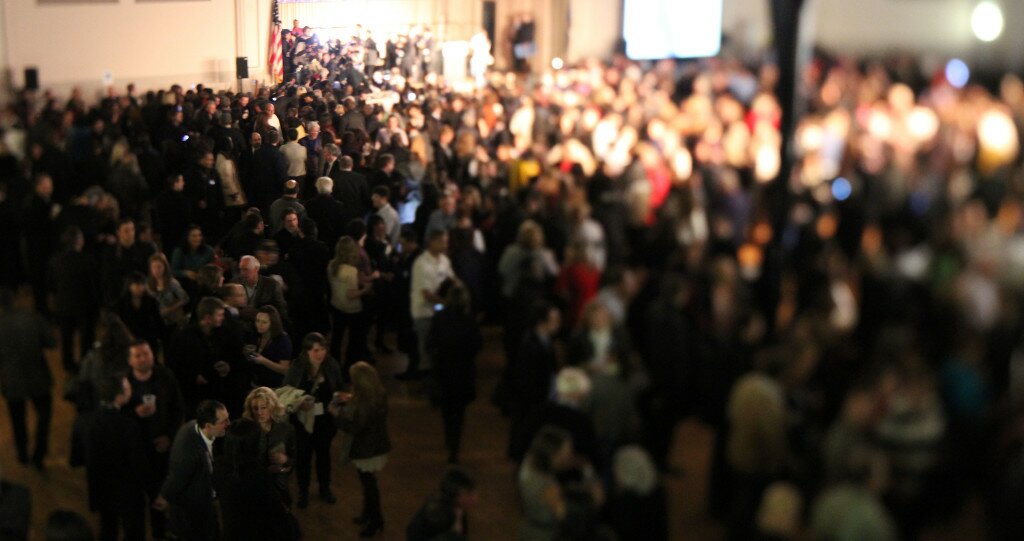
5 Modes of Civic Engagement in Civic Tech
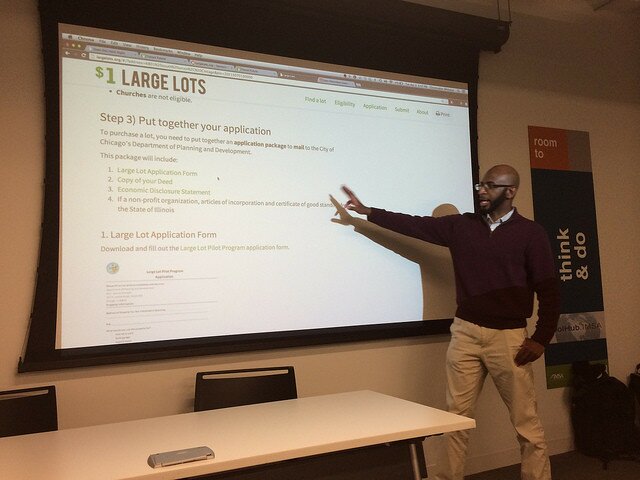
Mode #1: Use Existing Social Structures

Mode #2: Use Existing Tech Infrastructure

Mode #3: Create Two-Way Educational Environments

Mode #4: Lead From Shared Spaces
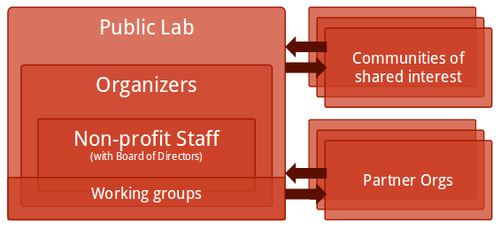
Mode #5: Distribute Power

Tomorrow: Convening on Experimental Modes

Primer for Experimental Modes Meeting
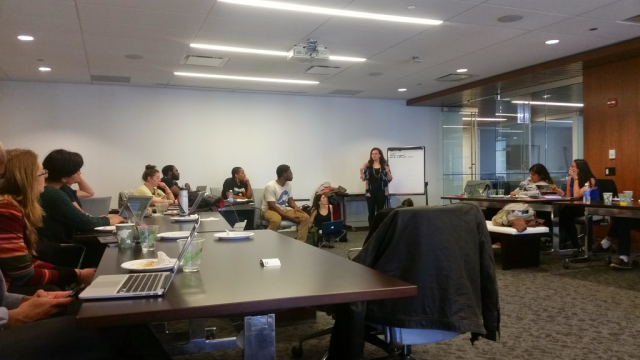
Show Your Work: Submit a Civic Tech Case Study
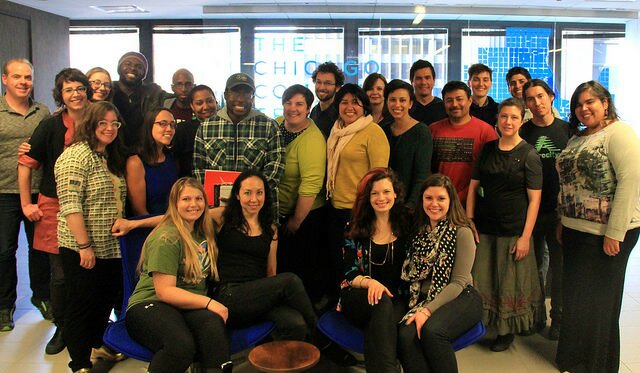
Before you came to this room, did you think of your work as “civic tech”?
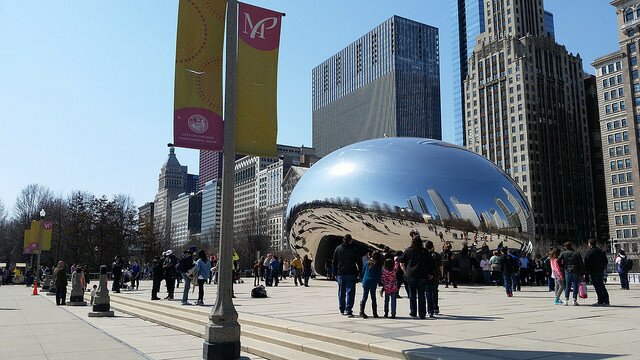
Active Listening 101 for Civic Tech

Real-world Civic Tech Strategies
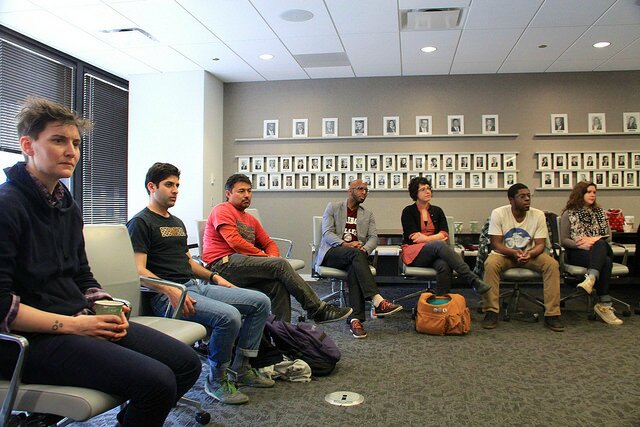
Where does community organizing end and civic tech begin?

Tools, Not Tech

Meet people where they are: new analysis on the top best practices in #civictech, according to the people who do the work

Launch: Experimental Modes of Civic Engagement in Civic Tech: Meeting people where they are.

SMART CHICAGO IS MOVING!!!
Team
Consultant Laurenellen McCann ran the project. She's worked with Daniel X. O'Neil on the Smart Chicago tip.
Partners
Our partners in this project are the attendees of our convening and the organizations we've studied.
This project falls under Smart Chicago's work on the Knight Community Information Challenge grant awarded under their Engaged Communities strategy to the Chicago Community Trust "as it builds on its successful Smart Chicago Project, which is taking open government resources directly into neighborhoods through a variety of civic-minded apps"
Here's how they describe the project on their grant page:
Building on previous Knight Foundation investments in the news and information ecosystem, via the Knight Community Information Challenge, the Chicago Community Trust will continue to design, build and demonstrate the power of digital tools to the community and empower residents to use news and information to improve their quality of life.
Here's background on Knight's current investments in four community foundations: Foundations take on projects to improve local news and information. A snip:
For 2014-15, the challenge is doubling down on projects by four community and place-based foundations with a successful track record in this area, helping them go further and then sharing the lessons with other community foundations and stakeholders in the local-news and -information space.
Media
If you questions for the author, contact . if you are interested in the work of Smart Chicago or our Deep Dive, contact .
